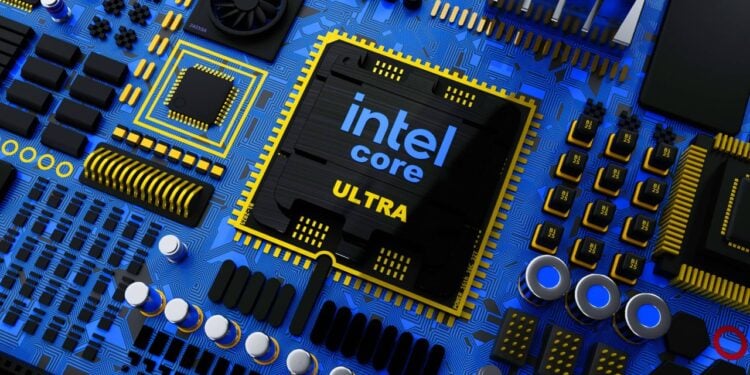Well-known chip manufacturer Intel announced it will cut over 15,000 jobs as part of a major restructuring strategy designed to reverse financial declines and better position the company against its competition in the artificial intelligence (AI) market.
The job cuts represent 15% of Intel’s workforce and are part of the company’s plan to streamline its operations.
The New York Times reports that the decision follows a challenging quarter where Intel reported a net loss and declining revenue.
“This is painful news for me to share,” said Intel CEO Patrick Gelsinger in a letter to employees. “I know it will be even more difficult for you to read. This is an incredibly hard day for Intel as we are making some of the most consequential changes in our company’s history.”
This announcement comes with heightened pressure from competitors in the AI chip industry — including AMD and Nvidia.
Intel’s last major restructuring move was in 2016 when the company cut 12,000 jobs, or 11% of its workforce.
This corporate overhaul underscores not only the challenges Intel faces but also reflects broader trends in the tech industry, where tech giants like Google, META, and Amazon have been pivoting to AI research and development.
This is contributing to a fast development track for AI and generative AI (GenAI) tools. According to a survey of 804 U.S. hiring managers commissioned by Intelligent, 78% of hiring managers say their companies plan to layoff recent college graduates within the next year due to the increasing use of AI in the workplace.
To address similar concerns several notable tech companies including Cisco with Accenture, Eightfold, Google, IBM, Indeed, Intel, Microsoft, and SAP have established a consortium. The program will evaluate the impact of AI on 56 Information and Communication Technology (ICT) job roles and provide training recommendations to upskill and reskill workers for the future of work. Large investments into upskilling programs have also been made by Amazon.
Upskilling will be essential for the future of work as technology continues to reshape industries and job roles. Higher ed has also taken note of these trends. Schools like Wharton School of the University of Pennsylvania, plan on incorporating AI in the curriculum across all its programs. Wharton’s Vice Dean Eric Bradlow told Technic.ly that starting this fall semester every student at Wharton will gain exposure to AI in some capacity.



 Dr. Gleb Tsipursky – The Office Whisperer
Dr. Gleb Tsipursky – The Office Whisperer Nirit Cohen – WorkFutures
Nirit Cohen – WorkFutures Angela Howard – Culture Expert
Angela Howard – Culture Expert Drew Jones – Design & Innovation
Drew Jones – Design & Innovation Jonathan Price – CRE & Flex Expert
Jonathan Price – CRE & Flex Expert












